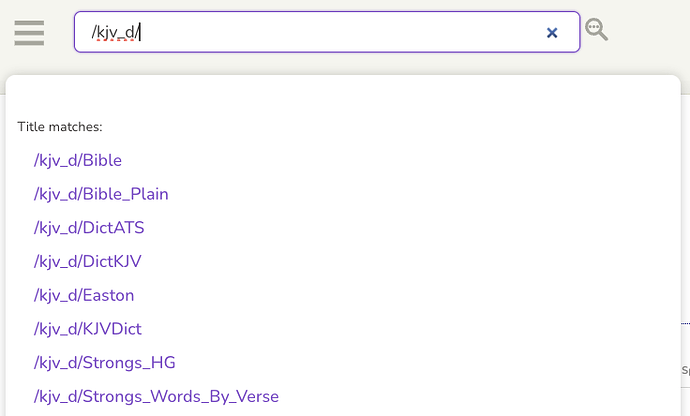No, it won’t. There should be no significant slowdown, based on my own experience.
You might be interested in my recent approach, King James Version (discussion in King James Bible Wiki). Here the basic tiddler is a verse:
title: 1 John 4:7
tags: Verse [[1 John 4]]
book: 1 John
chapter: 4
verse: 7
seq: 31836
para: 3
Beloved, let us love one another: for love is of God; and every one that loveth
is born of God, and knoweth God.
Chapters are built out of verses using a template. Books are built out of chapters using another. (There is special handling for Psalms in both of these.) I didn’t attempt a whole-bible tiddler, because I think that would be too slow, and it didn’t seem very important. seq is a sequence number which runs across all books, chapters and verses, making for consistent sorting.
This was a playground for me, meant to be extremely minimal so that others could build atop it. If you have the biblical text you want in a reasonably structured format, it should be trivial to convert it to this verse format. But, unlike the chapter-oriented format in the bible wiki you cite, there is some overhead to this. My minimal wiki is 11.8 MB where that one is 6.8MB.
The upside is that every verse is addressable (e.g. 1 John 4:7) as is every chapter and every book. If we wanted to add, say, note-taking on the content, it should be very easy.
There is a slight delay in loading, based on your connection speed, but once loaded, there is no obvious slowdown in rendering anything. There should be little difference if you do this with dictionary tiddlers by chapter. You may have to figure out a separate mechanism, though, if you want to handle the verses’ combination into paragraphs. My raw data keeps the list of paragraph data in a separate metadata section, per chapter, for instance. It gets converted on tiddler generation into the para field on the verse tiddlers. Again, there is significant extra processing for Psalms, but that is the only exception area.
There are two different “current” versions of that work, based on two different ways of connecting the verse numbers with the text, v5 and v7. (There’s nothing wrong with v6, but it was only a way-station.) What I really like would be something of a combination of them; I have a mock-up, but I don’t know how to implement it.
I have thought a bit about how to internationalize this. After converting the text, I believe it would chiefly be a matter of abstracting the tag names “Book”, “Chapter”, and “Verse” into language-specific tiddlers, and rewriting the parts of the templates that depend upon them. But I haven’t looked in detail.
If by some chance building atop this seems useful to you, let me know, and I’ll help as best I can. This work really is meant for that role, not to be anyone’s actual bible wiki.


